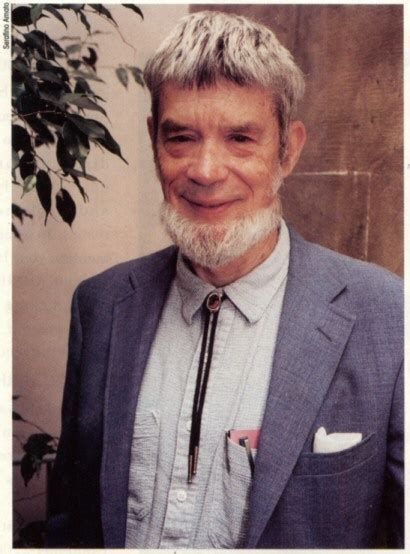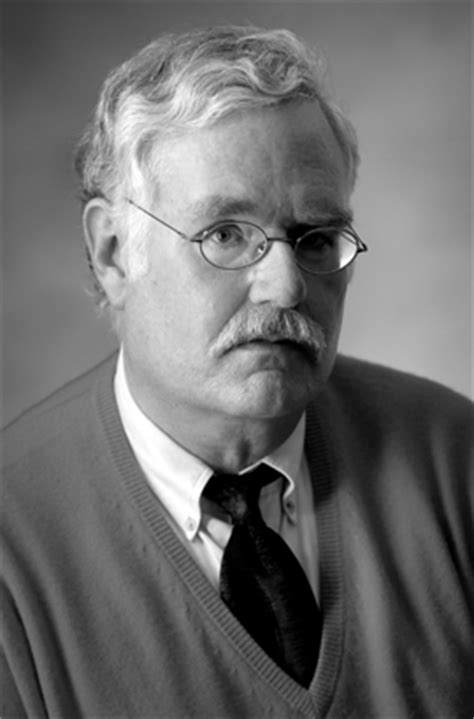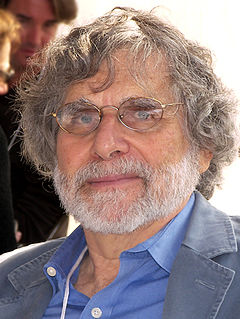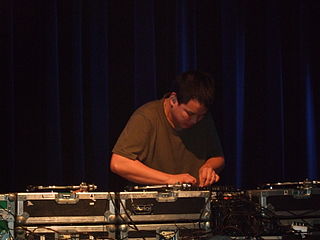A Quote by George C. Williams
Many traditional religions foster attitudes that ought to have disappeared as biological understanding accumulated over the last century.
Quote Topics
Related Quotes
We can either have a twenty-first-century conversation about morality and the human well-being - a conversation in which we avail ourselves of all scientific insights and philosophical arguments that have accumulated in the last two thousand years of human discourse - or we can confine ourselves to a first-century conversation as it is preserved in the Bible.
If someone is of the opinion that biological men ought to use the men's room and biological females ought to use the women's room - he is regarded as a bigot. I find this absolutely astonishing. Especially since using a toilet facility is a matter of the privacy of other people who are in the room. It's not a matter of the rights of the transgender person.
If you go back a century in Europe, all over the place people were speaking different languages. There were dozens of languages in France and Italy, and they're all called French [and Italian], but they were not mutually comprehensible. They were different languages. And they have mostly disappeared in the last century or so. Some are being preserved, like Welsh, some are being revived, like Basque or Catelan to some extent. There are plenty of people in Europe who can't talk to their grandmother because they talk a different language.
Sad to think that we won't have any new stories from John Updike, one of the last century's masters. But so many here in the two volumes of his collected stories, 186 by my count, stories to read, reread, savor over the course of a cold season. Updike's genius in the short form spills out of these many, many pages.
We now have a better biological and psychological understanding of our moral thinking. The idea that we should do what maximizes happiness sounds very reasonable, but it often conflicts with our gut reactions. Philosophers have spent the last century or so finding examples where our intuition runs counter to this idea and have taken these as signals that something is wrong with this philosophy. But when you look at the psychology behind those examples, they become less compelling. An alternative is that our gut reactions are not always reliable.
In the last quarter of the 20th century, Britons have been understandably obsessed with the problem of having too little power in the world. In the third quarter of the 18th century, by contrast, their forebears were perplexed by the problem of having acquired too much power too quickly over too many people.




































